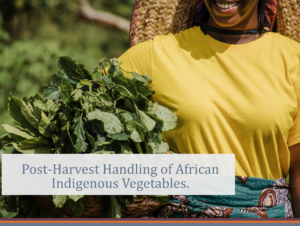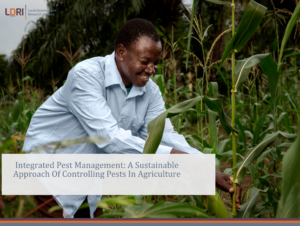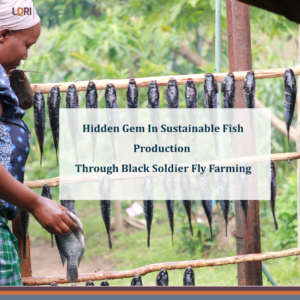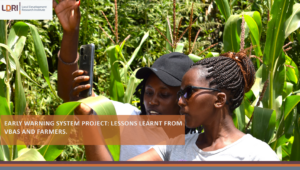![]()
Learning Through Experience: How Farmer-Centered Approaches Drive Effective and Sustainable Solutions in Agriculture
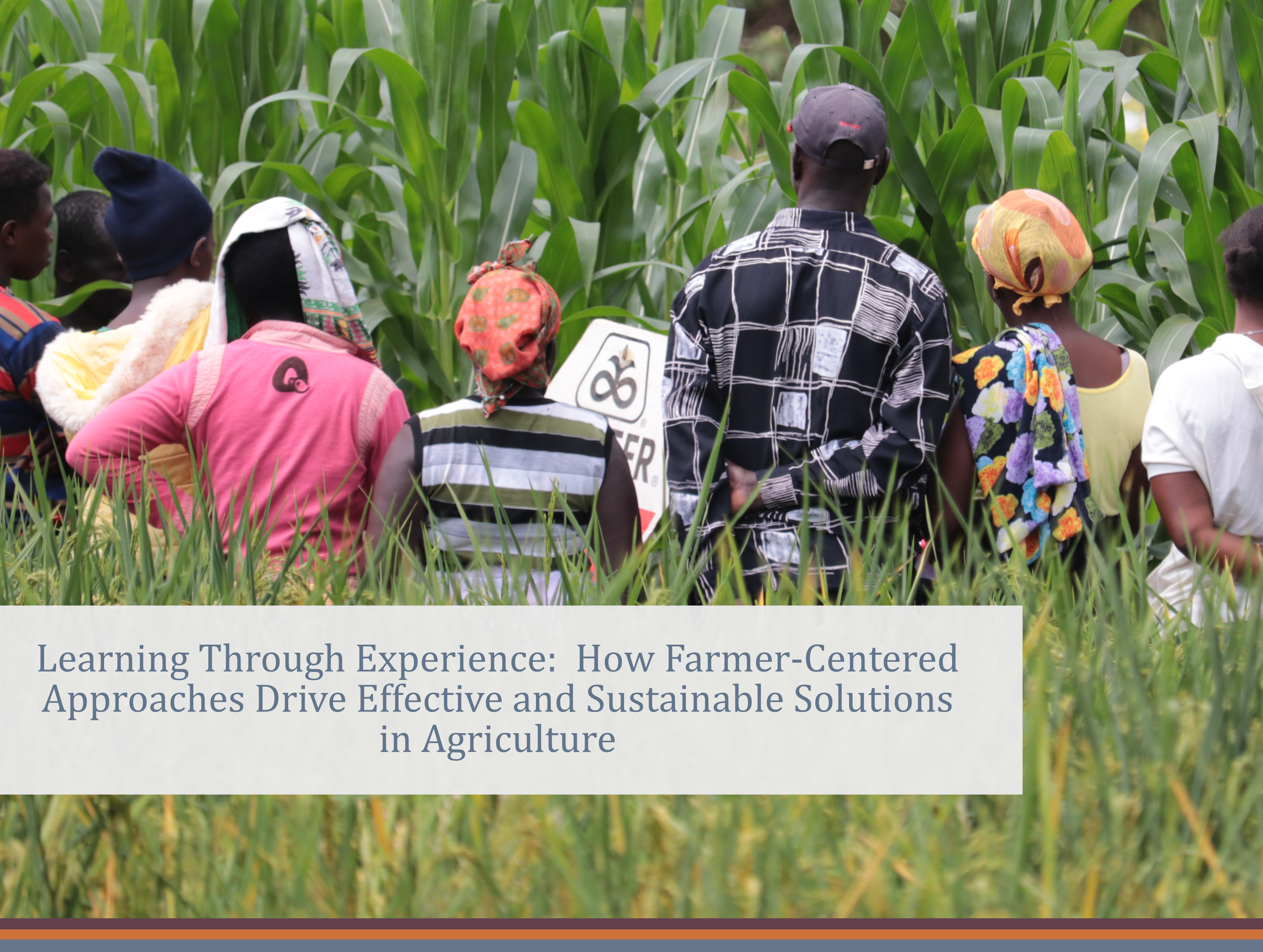
Governments, NGOs, and development partners often target farmers with interventions to address the multifaceted challenges faced by the agricultural sector and rural communities. These interventions significantly benefit farmers, impacting their livelihoods, environment, and social well-being. However, for too long, agricultural programs targeting smallholder farmers have adopted a top-down approach. In this model, researchers and policymakers develop solutions in distant labs and offices, often disregarding the specific needs, local knowledge, and contextual realities of farmers. Consequently, these imposed solutions frequently fail to achieve widespread adoption and sustainability. When LDRI rolled out the Village Based Advisors (VBA) model, our goal was to address the challenge of technological adoption, close the gap in the human resources of agricultural extension services, and localize the new approach. By actively involving farmers and tailoring interventions to their specific contexts, we aimed to ensure that our solutions were both practical and sustainable, ultimately fostering greater ownership and commitment among the farming communities.
The ideal future of agriculture is one where the feedback mechanism begins with farmers and flows to research and development institutions, not vice versa. In a farmer-centered approach, the farmers’ knowledge, needs, and innovations play a central role in shaping agricultural development. Engaging and empowering farmers in all stages of a project—from design to implementation, monitoring, and evaluation—leads to more effective and sustainable outcomes. For example, our Village Based Advisor model which we used to introduce new varieties of maize to select counties, we worked with ward agricultural extension officers to evaluate the selection criteria of the VBAs. We provided selected VBA farmers with tools such as best practices in maize farming, how to use mother demos and baby demos to test new varieties against others in use, and how to use their results as empirical evidence to train other farmers within their reach.
By shifting the power to the farmers and recognizing, valuing, and incorporating their traditional/local knowledge and practices into the design and implementation of agricultural interventions, we ensured that the intervention became more context-specific and culturally viable. This approach gave farmers ownership and decision-making power, fostering a sense of responsibility and motivation for the project’s success. Additionally, the participatory approach promotes collaboration and partnership among diverse stakeholders, each contributing their expertise and experience to find optimal solutions to existing farming problems. In this case, we were able to work with different input companies, farmers, and county extension officers.
While farmer-centered approaches have numerous advantages, they also present challenges. Engaging farmers at every stage of the project cycle, from design to implementation and evaluation, can be time-consuming and resource-intensive. It involves organizing meetings, workshops, training sessions, and field visits, which can be costly. The approach also presents scalability challenges since farmer-centered methods are often context-specific and tailored to local conditions and communities. Scaling up successful interventions to larger regions or populations may be difficult due to the heterogeneity of farming systems and contexts. Additionally, power imbalances or marginalization within farming communities can occur. Certain groups, such as women, minorities, or resource-poor farmers, may have limited representation or influence in decision-making processes. Therefore, careful facilitation is needed to ensure everyone in the community is well-represented and has a voice.
Addressing the challenges through careful planning, resource allocation, skilled facilitation, and ongoing monitoring and evaluation can maximize the potential of farmer-centered approaches in achieving broader development goals while empowering smallholder farmers to improve their livelihoods through farming. This, in turn, can have far-reaching positive impacts on food security and poverty alleviation among smallholder farming communities.
As beneficiaries of the farmer-centered approach, our advocacy for this method is not just theoretical but rooted in our extensive experience. We have seen firsthand how centering farmers and incorporating their knowledge and needs lead to more effective and sustainable agricultural interventions. We remain committed to championing this approach for the betterment of smallholder farmers and the agricultural sector as a whole.

